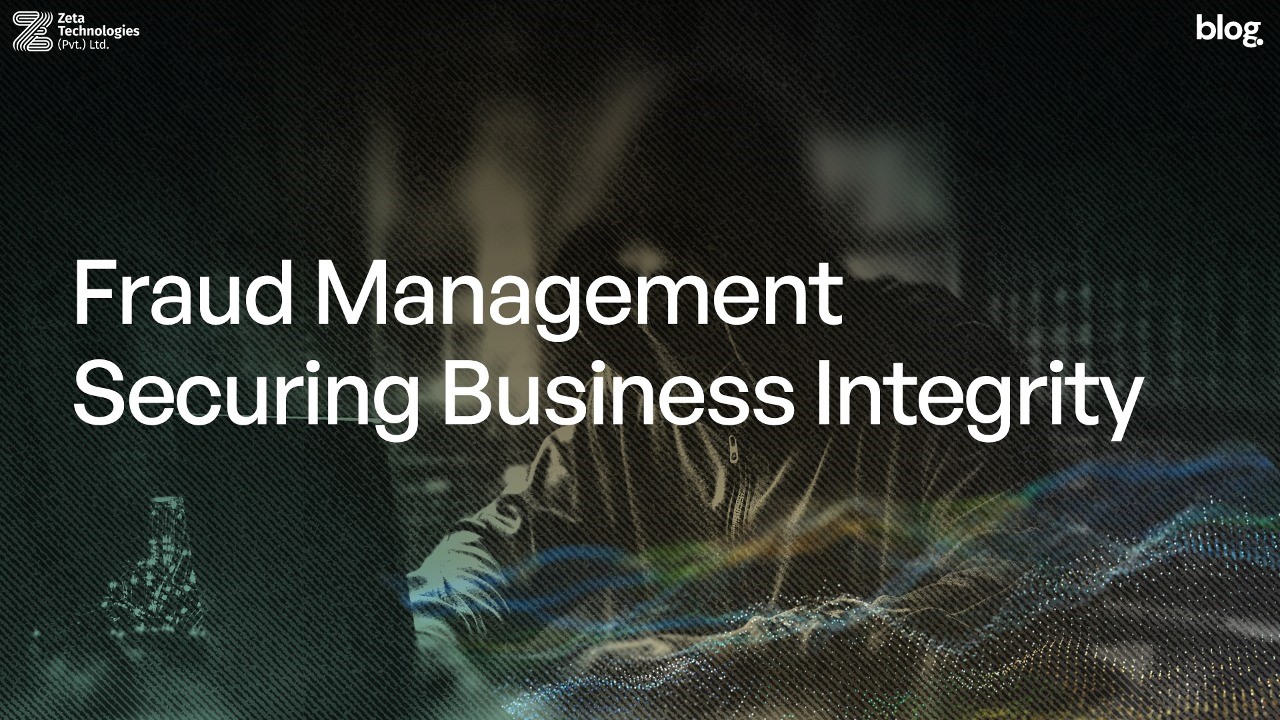Fraudsters devise different methods to deceive businesses and consumers, leading to significant financial losses. For companies, the consequences of fraud can be particularly harmful, leading to a loss of customer confidence, damage to brand reputation, and potential fines.
So, how can you protect your business? The answer lies in implementing a solid fraud management system.
A fraud management system is fundamental for protecting your business’s integrity.
Defining Fraud Management
Fraud management involves executing measures, strategies and technologies designed to prevent, identify, and address fraudulent activities within an industry or organization. It takes a proactive approach to protect against fraud by using real-time monitoring, identifying unusual patterns, conducting investigations, and risk assessment to strengthen an organization’s defences. As a critical part of risk management, fraud management adapts to evolving technologies, as fraudsters constantly find new ways to exploit weaknesses. A robust fraud management system combines preventive, detective, and reactive measures to manage risks and maintain security successfully.
Significance of Fraud Management in Securing Business Integrity
Fraud management is essential for keeping your business secure and trustworthy. It helps protect your finances, build customer trust, manage your reputation, and comply with regulations. Let’s get into each of these aspects to understand the significance better.
1: Protecting Finances:
Fraudulent activities can result in substantial costs, including legal fees, penalties, and expenses for remediation, draining resources that could be used for core business activities. Predictions suggest global losses from online payment fraud could exceed $343 billion by 2028, Juniper Research. A well-rounded fraud management system is fundamental for businesses to pinpoint and address vulnerabilities that might attract criminal activity. It also helps create customized measures to counteract threats and respond quickly to incidents.
2: Building and Maintaining Customer Trust:
Fraud can seriously damage customer loyalty and trust, making it easy for them to disengage. Even if you’re not directly responsible, customers may feel disappointed and believe you could have done more to protect them.
A strong fraud prevention approach includes safe payment options, SSL certificates, two-factor authentication, and customer education. These measures help avoid identity theft, account takeovers, and payment fraud, leading to better customer experiences, improved brand loyalty, and increased referrals.
3: Preserving reputation:
A single fraud incident can quickly damage a reputation built over years, eroding customer trust and leading to negative word-of-mouth. This could result in lost sales or a decline in stock prices, devastating the business.
Effective fraud management helps keep customer data secure and prevents unauthorized account access. Maintaining a safe environment and meeting customers’ expectations for protection helps preserve a company’s hard-earned reputation.
4: Regulation and Compliance:
Regulatory requirements are vital for protecting companies from fraud, making it necessary to understand and adhere to compliance standards.
For example, in the telecom industry, companies must follow regulations to prevent fraud and ensure data security. A robust fraud management system helps businesses meet these regulatory standards, avoiding penalties and legal costs. By staying informed about policy changes and best practices, companies can show their commitment to ethical operations and effective fraud prevention.
Fraud management is essential for maintaining a safe and reliable business environment. By employing comprehensive strategies, businesses can guard their finances, sustain customer trust, defend their reputation, and guarantee compliance with regulations. Staying active and informed about growing fraud risks and regulatory requirements is critical to mitigating potential threats. Investing in fraud management systems is a smart move for long-term success.







